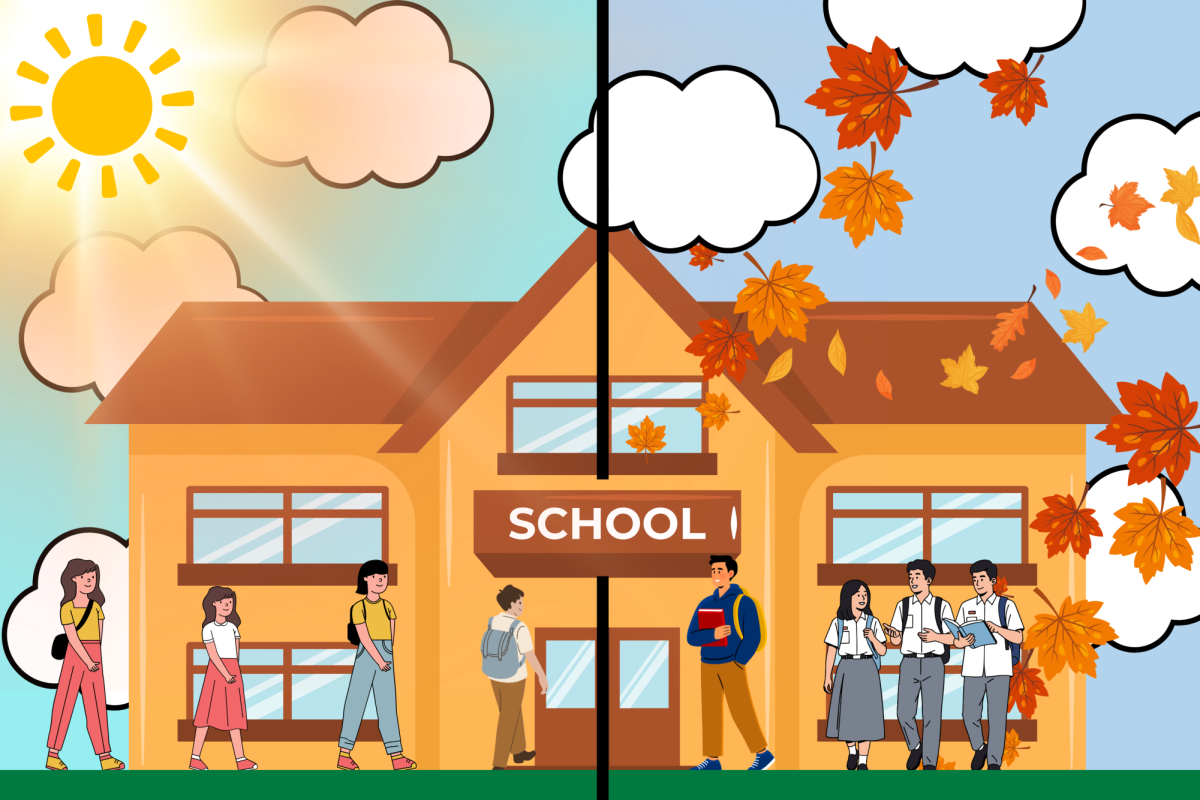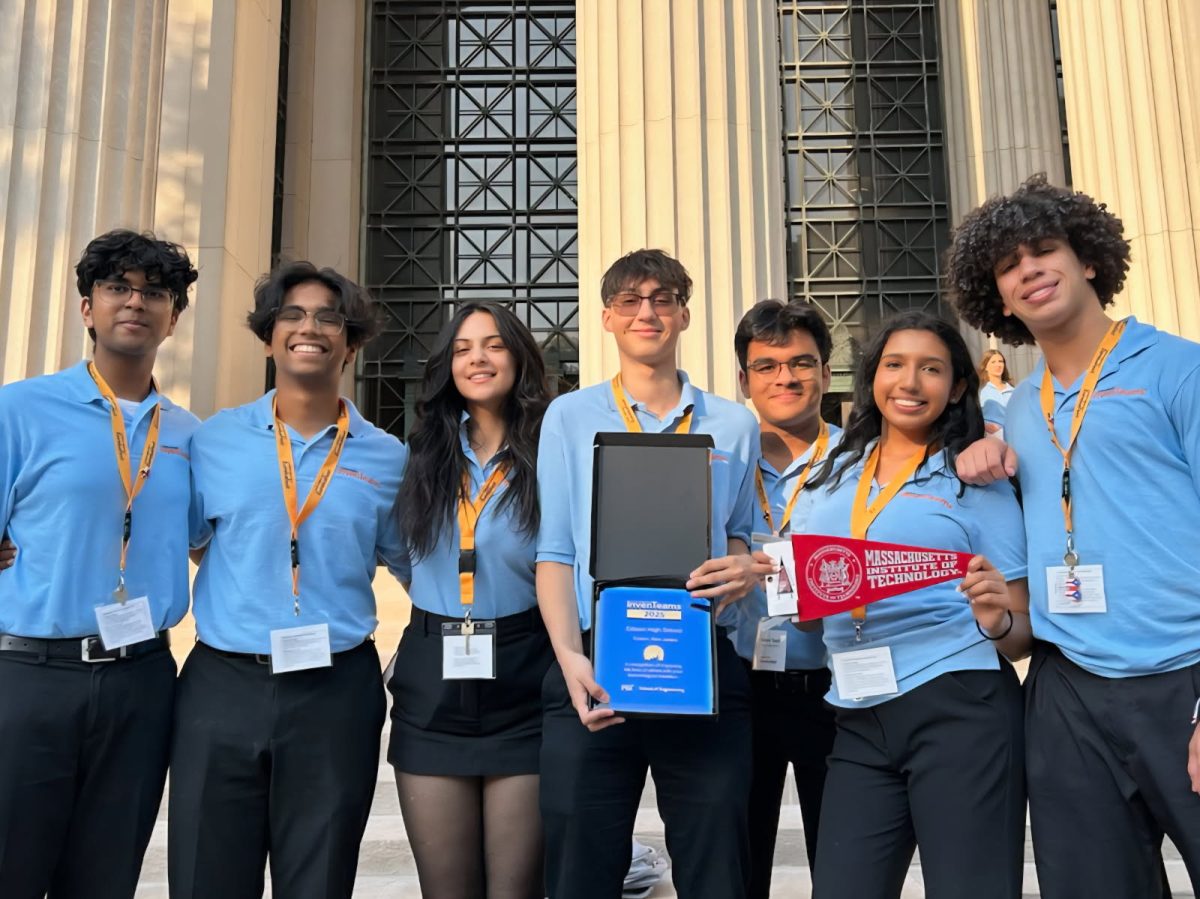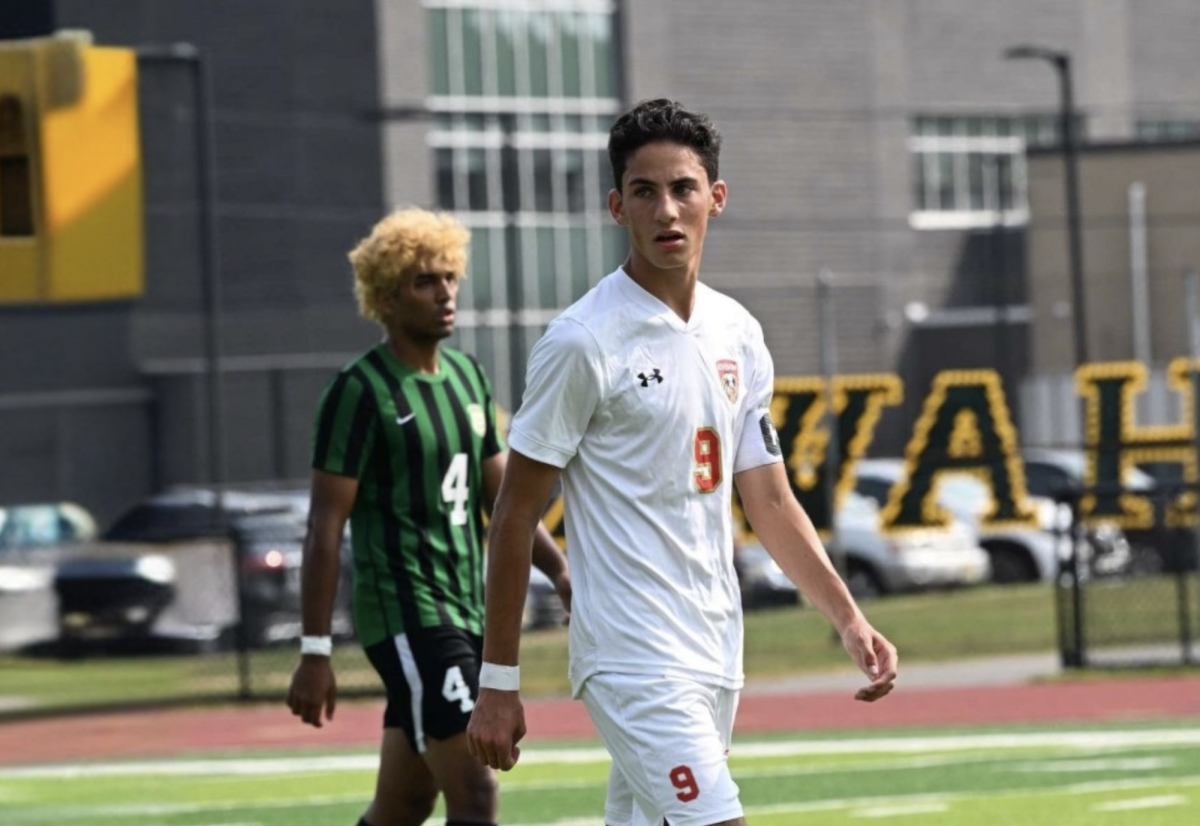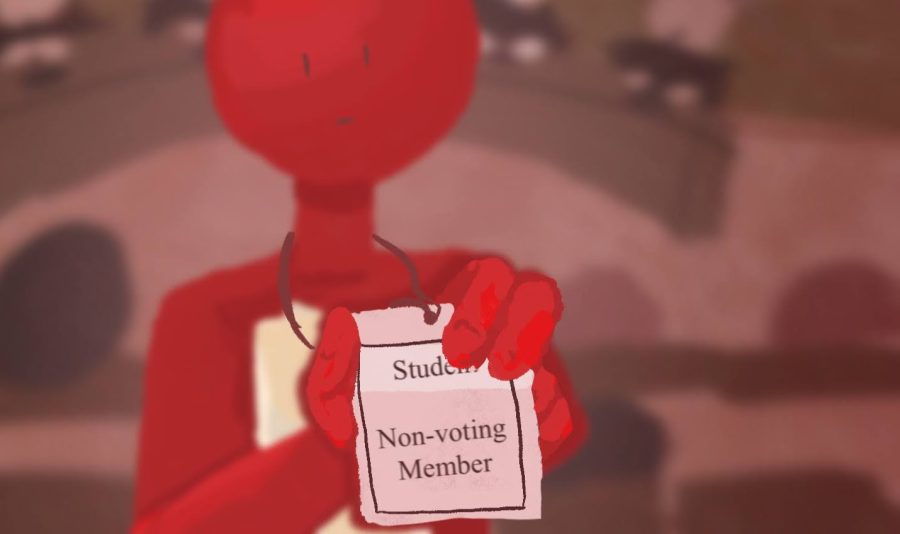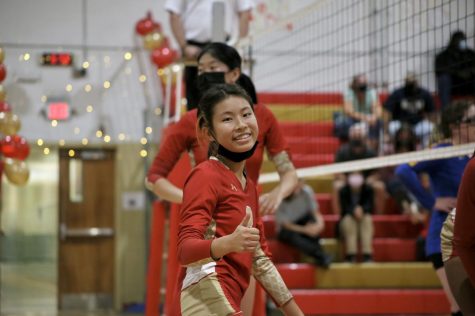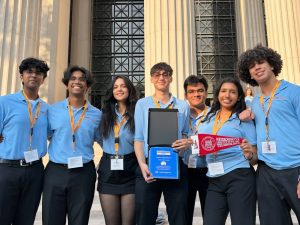Student Reps: A Step in The Right Direction?
EDITORIAL
February 14, 2022
Last edition, the Eagle’s Eye editorial board talked about the lack of representation that teenagers under eighteen have in voting. As if someone heard our pleas, on January 18, 2022, the New Jersey state legislature enacted Bill A-3392/S-1219: each school district must appoint a student representative to attend their board meetings as a non-voting member. This sudden inclusion of students feels like a step in the right direction for our much needed representation: We are guaranteed a student in each school board meeting! It’s a win, isn’t it?
But they slipped in a phrase that left us questioning the state legislature’s motives: “non-voting member.” Even though we will now have someone our age representing our voices to the school board, the student representative cannot participate in the decidedly most important part of the process, voting. This act is a double-edged sword, meant to appease students rallying for change while prohibiting real change.
There has always been some unspoken struggle of “kids versus teachers” or “kids versus adults” in the world. While it may feel as though teenagers are prone to discontent and disrespect, it often feels like the world is against us. We need to work on bridging the gap between the generations, rather than pushing us further apart by banning us from voting at school board meetings that impact our daily lives. Newsflash from the desk of The Eye: no one cares what Sally White’s dad has to say—they care more about Sally White, the student.
This act states that a student representative will be required to attend all board meetings but will be excluded from discussions “involving subjects which are confidential.” This legislature ensures that our school district’s student representative will not be privy to private discussions, such as information involving the lives of our teachers. With this assurance, having a student voting member of the board would not be problematic, as they would only have jurisdiction over matters that are directly relevant to our student body. This student would attend the meetings, take notes, and attempt to represent the feelings of the students to the adult board members, but not be able to directly vote on matters concerning their teachers.
A school district with more than one high school, such as Edison, could have a student from each school on the school board. Although the bill requires a minimum of one student representative, a district such as Edison with two large high schools could have one student from each high school attend the meetings. So, every year, there will be a student from both Edison High and J.P. Stevens who will represent our collective student body. Since the student representative will serve for one school year term, we are looking at a future of annual elections.
For real change based on student voice, each student representative should be a beneficial voting member on the board rather than a figurehead to appease students. Through doing this, the students will have their voices heard, the teachers will have their rights protected, and young adults won’t feel like a piece of a game.



















